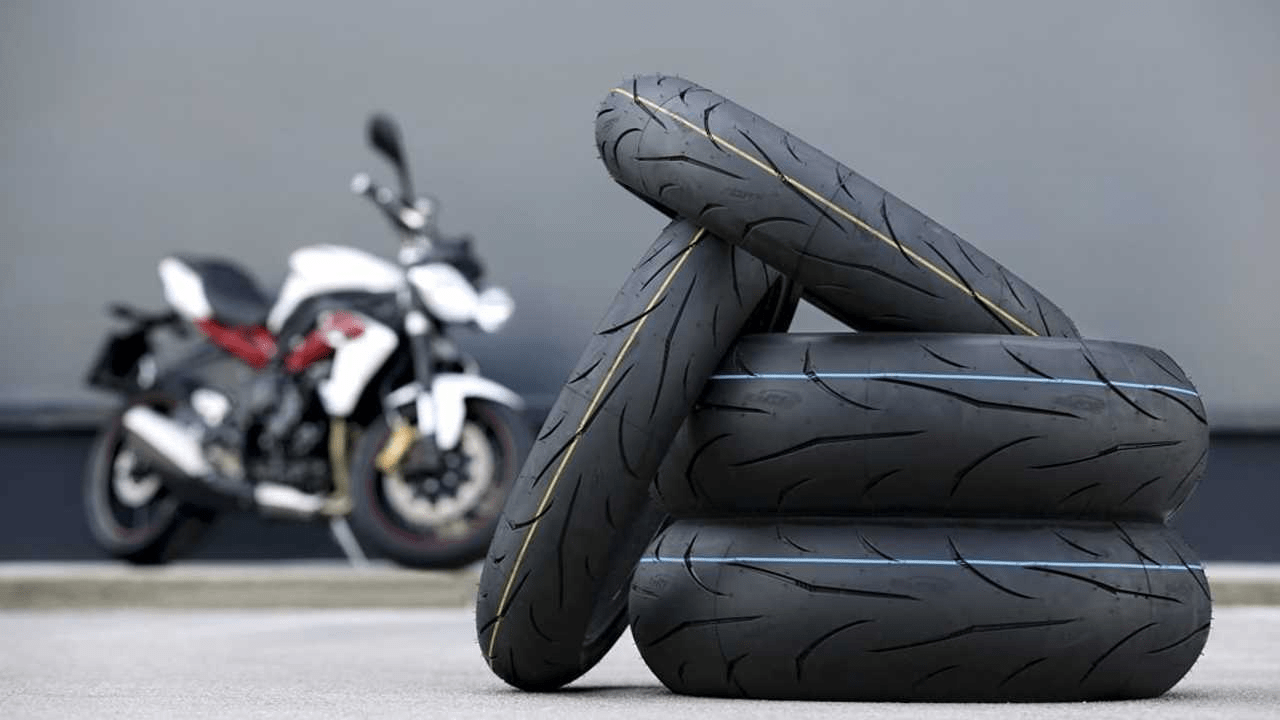Contrary to popular belief, fine particles harmful to health are emitted by all types of vehicles, with diesel engines, gasoline engines and electric motors... Quite simply because they come above all, more than 70%, from abrasion of tires and braking systems.
It's a sobering study as automakers develop more and more hybrid or electric vehicles. To fight global warming and reduce CO2 emissions to zero, the European Union has decided to put an end to thermal engines from 2035. A measure which should benefit “to citizens by reducing energy expenditure and improving air quality”, indicated the European Commission.
But pollution does not necessarily always come from where we think… Analyzes carried out by the independent company Broadcast Analytics show that the wear of a car's tires actually pollutes much more than exhaust emissions. Often toxic, even carcinogenic, the ultrafine particles released by tires will then pollute the air, water, soil, etc.
If we take into account the figures revealed by analysts, used tires produce 36 milligrams of particles every kilometer, or 1.850 times more than the average exhaust gas (0,02 mg/km). Regarding new tires, analyzes show 73 mg/km, and if we refer to “aggressive” but tolerated driving, particle emissions can rise to 5.760 mg/km.
In addition, regulations have evolved for exhaust pipes, now equipped with much more efficient catalysts, which is why they pollute much less. Analysts also explain that tires produce more than a ton of ultrafine particles per kilometer traveled, particles smaller than 23 nanometers, allowing them to access the organs of the human body via the bloodstream.
The analyzes were carried out on vehicles from 14 different brands. Emissions Analytics now advocates the establishment of regulations on ultrafine particles, currently non-existent in Europe and the United States. Rapidly replacing worn or defective tires would, for example, limit the release of ultrafine particles. Especially since even zero-emission vehicles or vehicles supposed to be more ecological are affected.


























